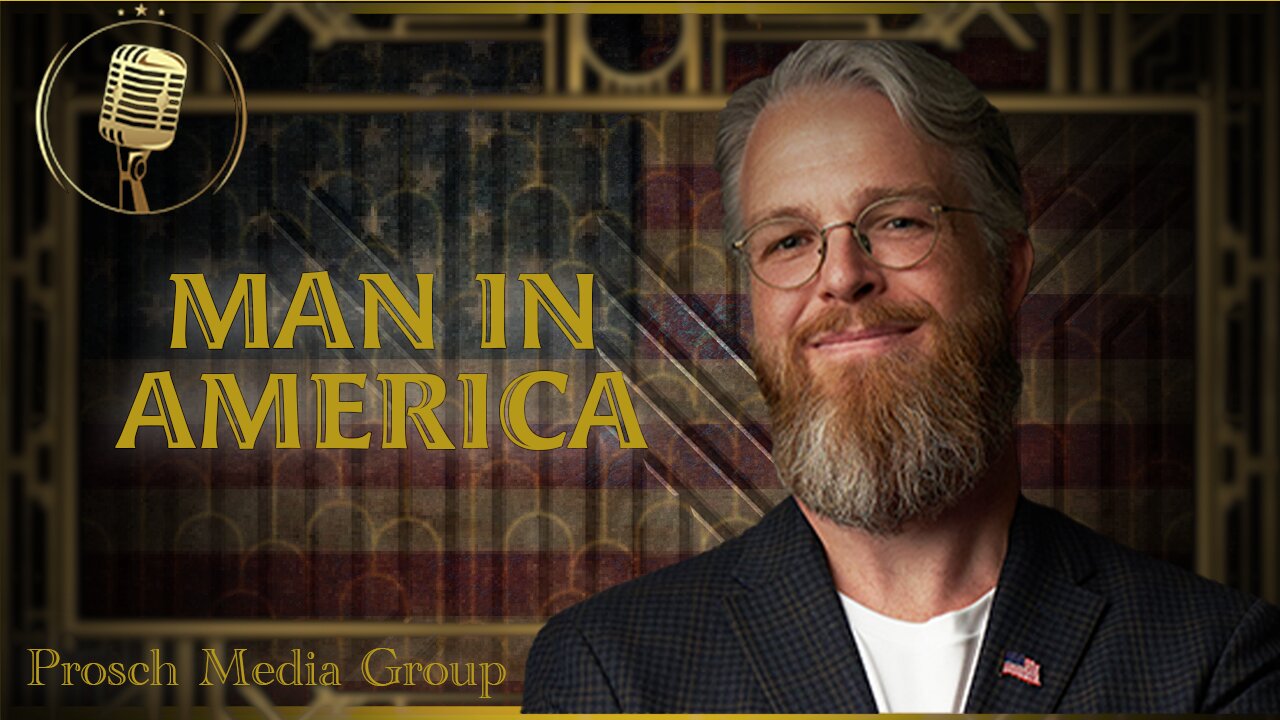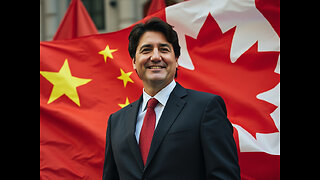Premium Only Content

"Tom Renz Reveals How RFK Jr. Can DISMANTLE Big Pharma"
“The Home of Alternative Media,” PMG stands at the forefront of the media revolution. As mainstream outlets face declining trust, PMG champions the rise of independent voices, delivering authentic stories and bold perspectives to audiences hungry for real news. Join the movement as alternative media takes the lead!"
Robert F. Kennedy Jr.'s recent nomination as Secretary of Health and Human Services (HHS) by President-elect Donald Trump has sparked significant discussion regarding potential reforms in the pharmaceutical industry. Kennedy, known for his critical stance on pharmaceutical companies, has expressed intentions to address issues within the Food and Drug Administration (FDA) and its relationship with the industry.
Key Areas of Focus:
FDA Reform: Kennedy has vowed to overhaul the FDA, accusing it of collusion with Big Pharma. He aims to reduce the influence of pharmaceutical companies on regulatory processes, potentially by revising the Prescription Drug User Fee Act, which allows the FDA to collect fees from drug manufacturers to fund the drug approval process.
REUTERS
Transparency and Accountability: Advocating for increased transparency, Kennedy plans to implement measures that ensure the FDA operates independently from industry pressures. This could involve stricter conflict-of-interest policies and more rigorous oversight of drug approval processes.
Promotion of Health Freedom: Kennedy's supporters believe he will challenge the pharmaceutical industry's dominance and promote health freedom by providing the public with transparent information, allowing individuals to make informed health decisions.
NEW YORK POST
Potential Challenges:
Industry Resistance: Pharmaceutical companies may oppose these reforms, arguing that current systems are necessary for efficient drug development and approval.
Legislative Hurdles: Implementing significant changes would require navigating complex legislative processes and potential pushback from stakeholders invested in maintaining the status quo.
Kennedy's appointment signals a potential shift in the relationship between the federal government and the pharmaceutical industry, aiming to prioritize public health and safety over industry interests.
-
 1:01:24
1:01:24
PMG
1 day ago $0.64 earned"The Left is LOSING THEIR MINDS Over Trump’s New Cabinet!!"
6031 -
 4:08:29
4:08:29
Nerdrotic
11 hours ago $74.72 earnedHollywood in PANIC! Woke Celebrity Meltdown, Penguin Finale CRUSHES! | Friday Night Tights #328
163K30 -
 1:41:22
1:41:22
The Officer Tatum
6 hours agoLIVE: Trump NOMINATES Karoline Leavitt, Whoopi "SMOLLETT" EXPOSED, & MORE | Officer Tatum Show EP 8
47.3K130 -
 30:25
30:25
Glenn Greenwald
9 hours agoGlenn Takes Your Questions Post-Election On The Trump Admin & More
158K62 -
 1:26:23
1:26:23
vivafrei
11 hours agoChinese and Indian INFILTRATION in Canadian Government? Live with David Krayden! Viva Frei Live
169K87 -
 52:17
52:17
Candace Show Podcast
11 hours agoFight Night! Me VS Marc Lamont Hill On Transgenderism | Candace Ep 104
174K340 -
 1:12
1:12
Mike Tyson
12 hours ago $28.24 earnedIt's a war.
133K40 -
 1:04:11
1:04:11
In The Litter Box w/ Jewels & Catturd
1 day agoProsecute/Fauci | In the Litter Box w/ Jewels & Catturd – Ep. 692 – 11/15/2024
149K63 -
 5:17
5:17
BFFs: Dave Portnoy, Josh Richards & Bri Chickenfry
10 days agoSmallest Man
284K24 -
 1:45:03
1:45:03
The Quartering
13 hours agoRFK Big Pharma Meltdown, Alex Jones WIN & Shadow Government To Oppose Trump!
164K48